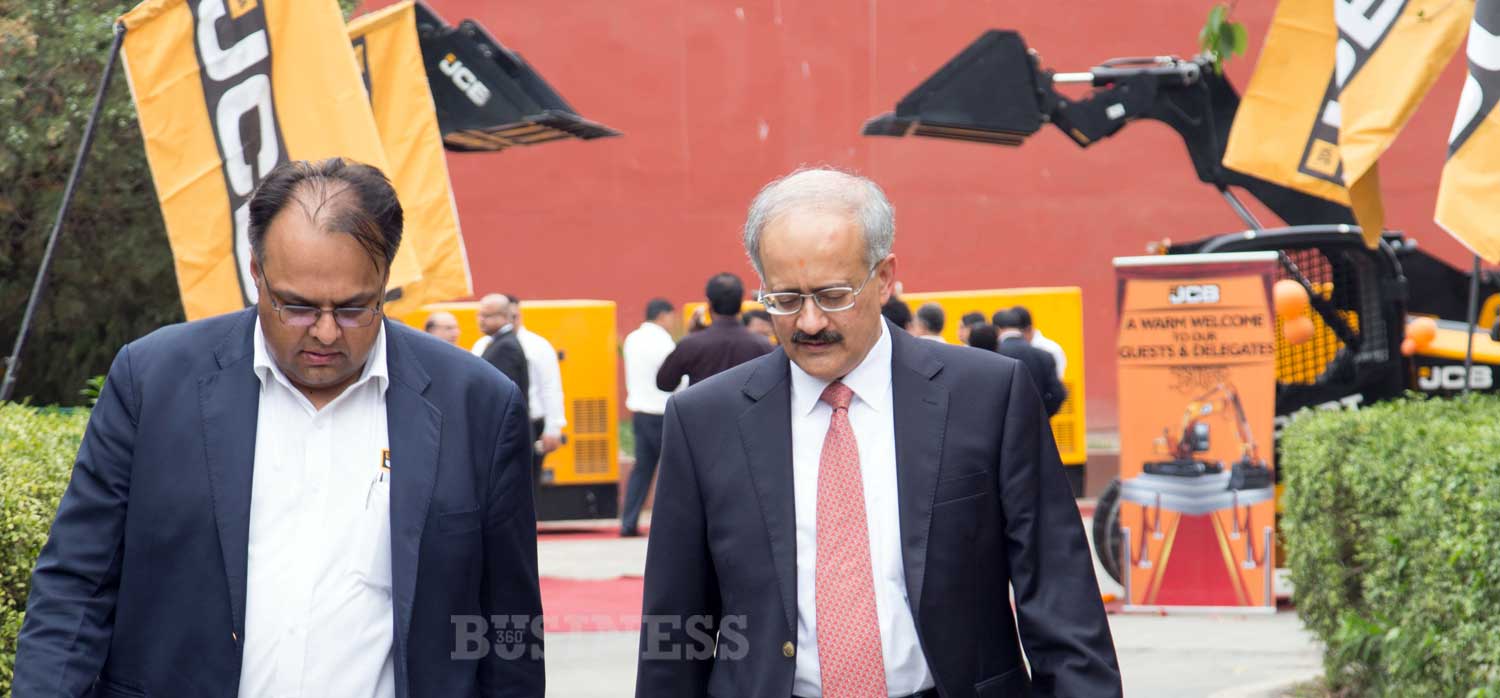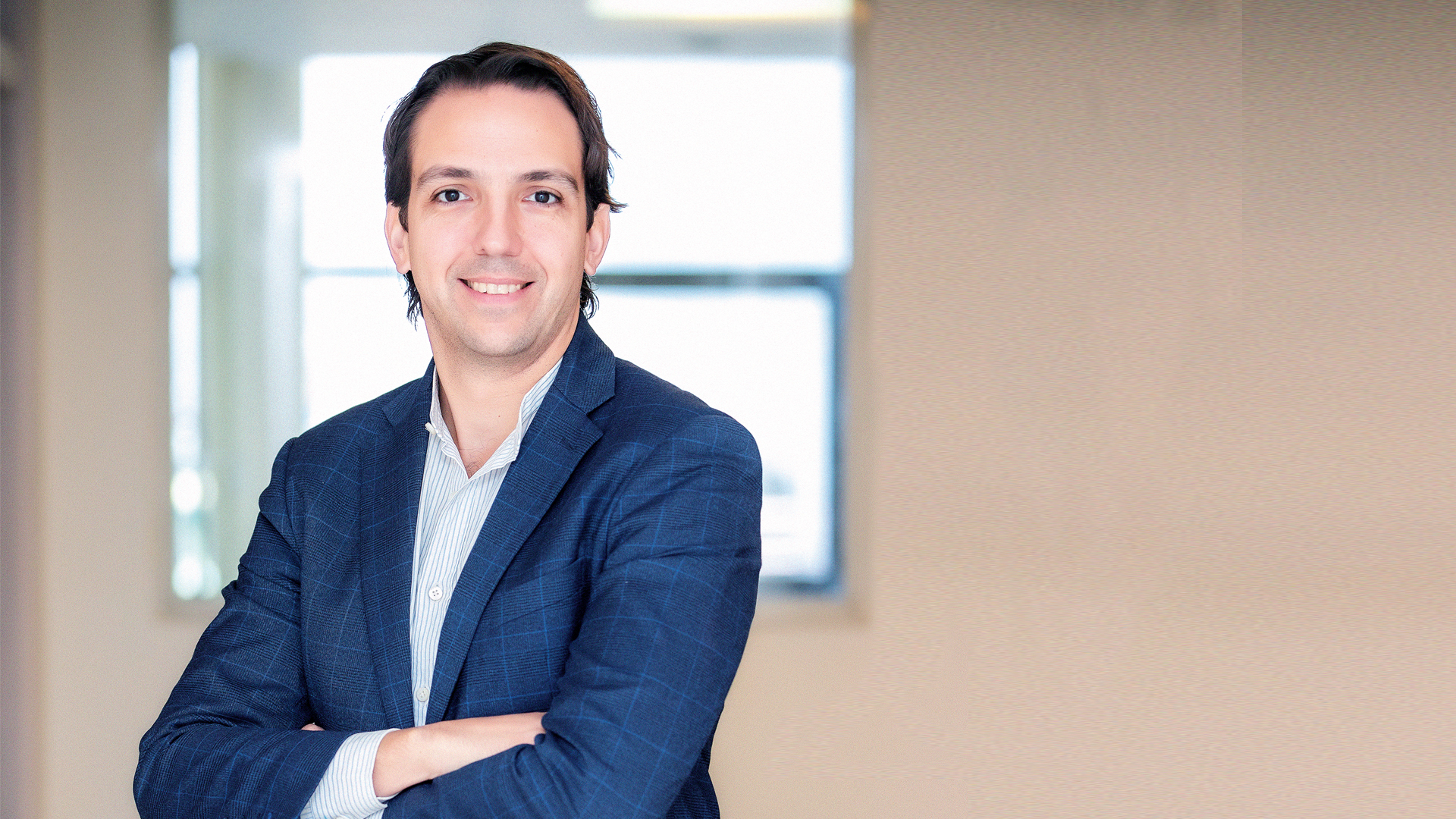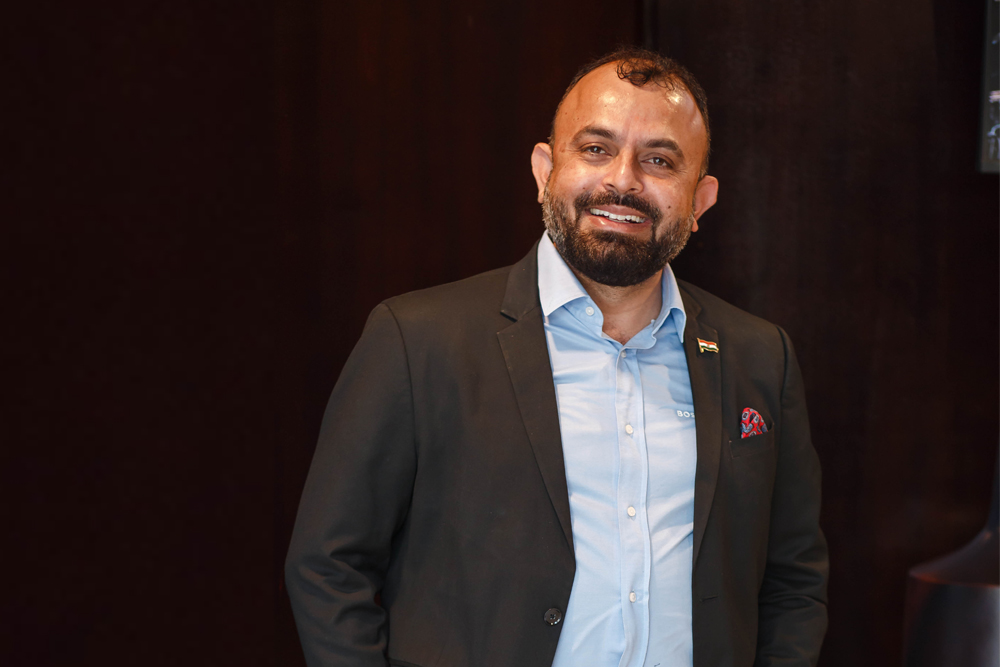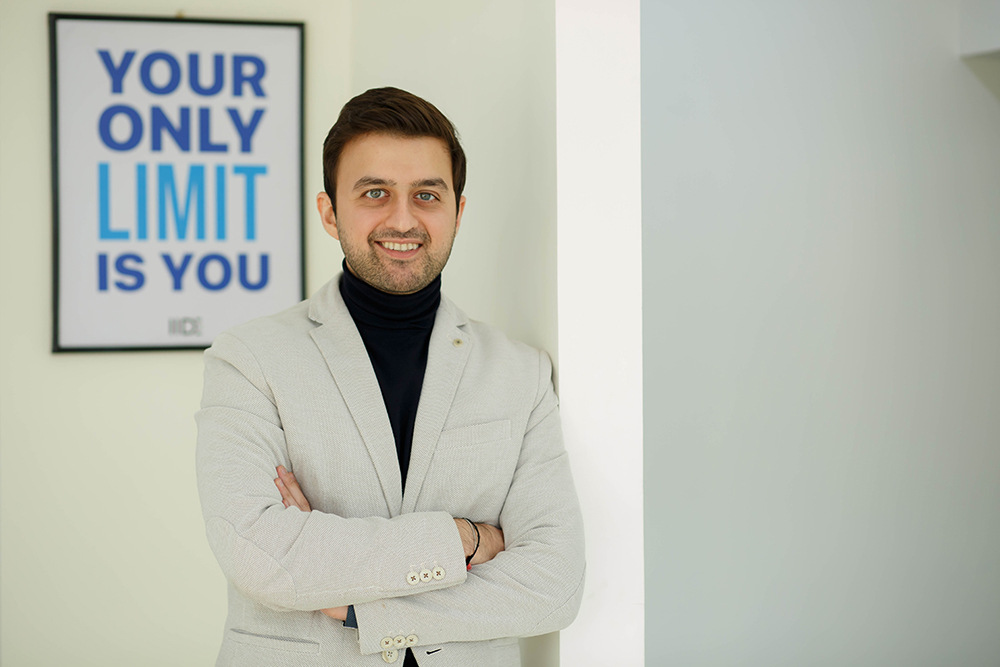
Managing Director and CEO of JCB India Limited Vipin Sondhi, is one of the people behind the success of the British multinational company which is among the world’s largest construction equipment manufacturers with over 300 types of machines.
Under Sondhi’s leadership, JCB India has progressed to become the leading machinery provider in the Construction and Earthmoving Equipment Industry. Sondhi, who was awarded the Confederation of India’s Young Manager’s Trophy in the year 2000, The Udyog Rattan Award by the Institute of Economic Studies in 2011 and CEO of the year award at CEO India Awards in 2014, was in Kathmandu recently to handover seven heavy equipments and generators including backhoe, load all and robots to the Ministry of Federal Affairs and Local Development.
During his brief visit to the capital, Nikeeta Gautam from Business 360° caught up with Sondhi to speak to him about the company’s performance in the Nepali market, future prospects and the challenges of working here.

Tell us something about your Nepal visit?
As JCB is always concerned about infrastructure development, it has been a great opportunity and pleasure to come to Nepal and handover the keys of the machines to Kamal Thapa, Deputy Prime Minister and Local Development Minister of Nepal. The most important thing is that Morang Auto Works (MAW), our partner in Nepal has been witnessing an impressive growth and is among the foremost dealers of JCB in the world. This means that the Nepal is in the state of progressive growth in terms of infrastructure.
How would you describe JCB’s presence in Nepal in terms of market penetration?
Today approximately 60 percent of all the earth moving and construction machinery used in Nepal are JCB machines. For instance, the Backhoe Loader, which is the most popular model in Nepal, we have got a market share of 75 percent. However, this market success has not come easily. It has come through a lot of hardship and the determination shown by Morang Auto Works (MAW) and its employees. There are more than 125 people working just to ensure that all the machines are running smoothly and without any kind of issues.
How do you view future prospects in Nepal?
Infrastructure and economic development is one of Nepal government’s top priorities, we see a good future in construction machines here and are really glad to contribute to the development of infrastructure in Nepal.
What are the challenges of working in Nepal?
Our fundamental challenge is that Nepal has a very varied terrain from the plains to the highest mountain peaks; there are places which are difficult to reach and develop. Our fundamental goal is to make certain that the machines we supply are reliable. For this very reason our machines are tested again and again to ensure reliability in the harshest of conditions. Similarly, another challenge we face is training human resource because we want to be able to provide our customers with optimal maintenance services across the country. Similarly, the earthquake and blockade posed their own set of challenges. Natural disasters like earthquakes not only affect the organisation, but the whole nation including business and the livelihoods of every person living in the country. However, this is something of the past and we believe that the country is moving towards normalcy in the future. The only thing we are afraid of is instability. It is because when the country is in a stable condition, everything including businesses and standard of living grows. So, Nepal has to gain stability in order to grow in all sectors.Infrastructure and economic development is one of Nepal government’s top priorities, we see a good future in construction machines here and are really glad to contribute to the development of infrastructure in Nepal.
What are the challenges of working in Nepal?
Our fundamental challenge is that Nepal has a very varied terrain from the plains to the highest mountain peaks; there are places which are difficult to reach and develop. Our fundamental goal is to make certain that the machines we supply are reliable. For this very reason our machines are tested again and again to ensure reliability in the harshest of conditions. Similarly, another challenge we face is training human resource because we want to be able to provide our customers with optimal maintenance services across the country. Similarly, the earthquake and blockade posed their own set of challenges. Natural disasters like earthquakes not only affect the organisation, but the whole nation including business and the livelihoods of every person living in the country. However, this is something of the past and we believe that the country is moving towards normalcy in the future. The only thing we are afraid of is instability. It is because when the country is in a stable condition, everything including businesses and standard of living grows. So, Nepal has to gain stability in order to grow in all sectors.
You are the recipient of the CEO of the year among other recognition, could you tell us about what you think are essential qualities for good business leadership?
When you become the CEO of the organisation, learning has to grow exponentially simply because there is so much going on politically in the institution. So, the CEO is responsible for the whole environment and not just the company itself. You have to manage the whole environment, so the learning needs to be very rapid. Every CEO needs to be upbeat and updated and the most important thing is that you have to listen to the stakeholders. Listening to the government, the local people, customers or dealers is extremely important. Another important thing is talent development. Any leader can only be good as his or her team. It is the leader’s job to set the bar, inspire and motivate the team to reach the great heights. Sitting back and focusing only on the personal goals will not benefit your team and help your brand grow. As leaders we also need create an environment where there is gender diversity. For instance, we have young girls working at the machinery stores. This has brought about a drastic change in stereotypical thought which had prevented young girls from pursuing their career in this sector and from becoming technologically sound.



.jpg)


